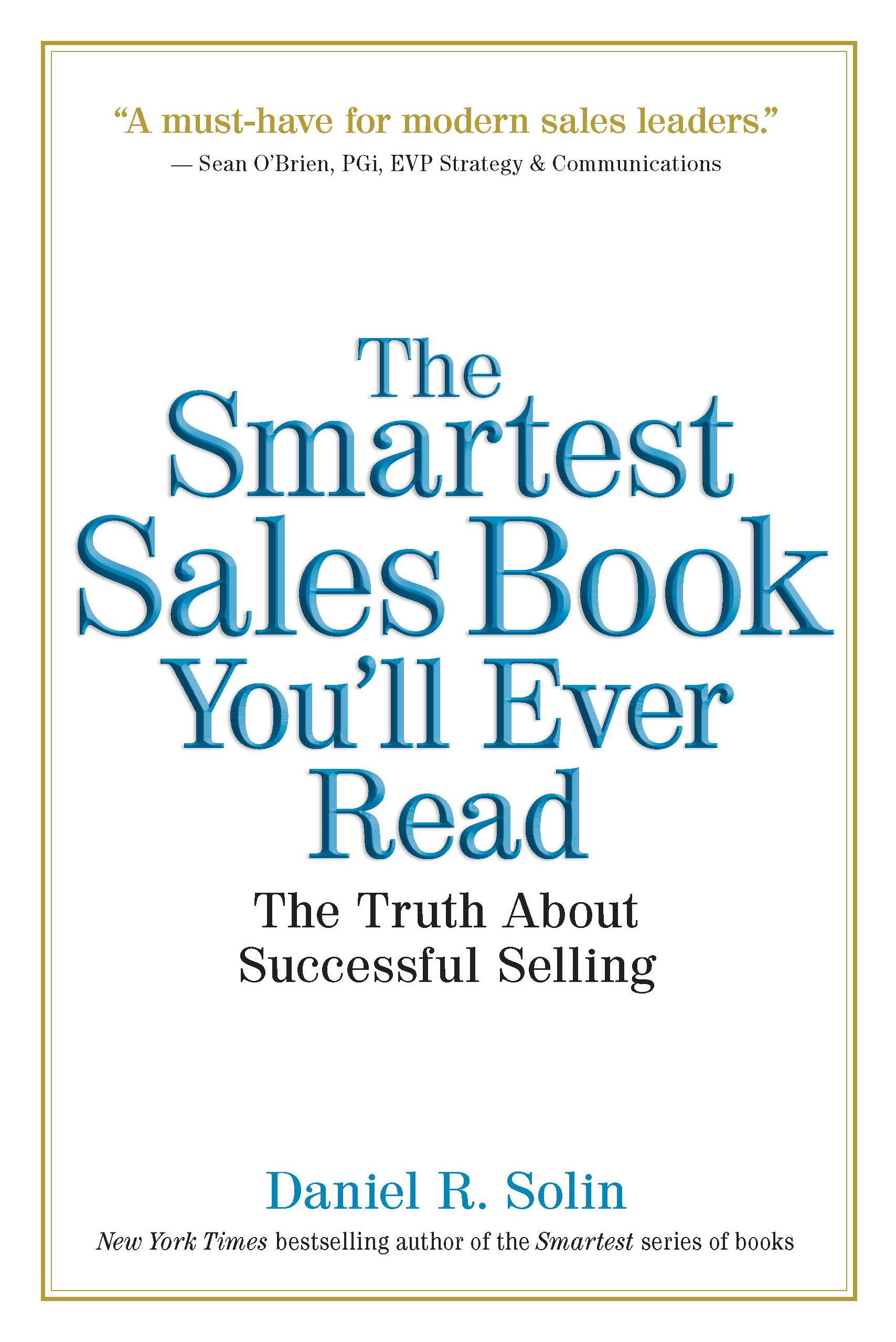You are besieged with a daily onslaught of what passes for "financial news." Much of it is nonsense, self-serving and unreliable. Yet the sheer volume, and the clever way it is packaged and disseminated, may lead you to take action.
Here are two categories of typical financial news, with my suggestion for how to evaluate them:
Predictions
Financial pundits love to make predictions about the direction of the markets, interest rates and the future price of stocks. Just this week, CNBC featured a ludicrous interview with "Dr. Doom," Marc Faber, who proclaimed: "We're all doomed! We're all doomed!"
Mr. Faber's views of a market correction may prove to be right or wrong. I doubt his insights are worth more than yours or mine. When he is right, it is most likely due to luck. I have seen no evidence anyone has the expertise to predict the future, which is largely driven by tomorrow's news. Instead of parading Mr. Faber's gloomy assessment and packaging it as reliable information, CNBC would do its viewers a great service if it did an analysis of his past predictions and calculated his track record. CXO Advisory did such an analysis and concluded his forecasts were accurate 44.6 percent of the time.
You might consider interviews with Mr. Faber differently if they were preceded by a disclaimer stating: "An independent advisory firm calculated the accuracy of Mr. Faber's predictions at less than what you would expect from random chance."
There is an alternative to relying on financial psychics: Ignore them. Heed the views of renowned economist John Kenneth Galbraith, who stated that pundits "forecast not because they know, but because they are asked." This quote is from Dan Gardner's book, Future Babble: Why Expert Predictions Fail - and Why We Believe Them Anyway, which should be required reading for every investor.
Mispriced Stocks
Financial pundits love to pontificate about which stocks are undervalued and likely to take off. The underlying premise of their observations is fatally flawed. They are unlikely to find the mispricing of any publicly traded stock because all information about that stock has been considered by millions of investors all over the world. Those investors have established the current price. It's likely to be fair.
This article on CNBC (are you starting to see a pattern here?) is representative. A guest contributor speculates about whether coal stocks are "ready to make a comeback."
CNBC's in-house "stock picker," Jim Cramer, has a forecast accuracy calculated by CXO of only 46.8 percent, about the same as flipping a coin, which should give you some pause about relying on the reliability of stock price speculation by CNBC's guests.
Instead of listening to these unreliable musings, consider the views of Nobel Laureate Merton Miller, who stated: "Everybody has some information. The function of the markets is to aggregate that information, evaluate it, and get it incorporated into prices."
The Takeaway
The views of supremely confident "pros" who make predictions and give recommendations are often unreliable and poorly sourced. They are rarely held accountable. The data indicates their opinions are no more accurate than random chance. Instead of relying on them, consider the analysis of those with serious academic credentials, who have spent their lives studying the capital markets, and who have published their findings in distinguished, peer-reviewed journals.
 Dan Solin is the director of investor advocacy for the BAM ALLIANCE and a wealth advisor with Buckingham. He is a New York Times best-selling author of the Smartest series of books. His latest book is The Smartest Sales Book You'll Ever Read.
Dan Solin is the director of investor advocacy for the BAM ALLIANCE and a wealth advisor with Buckingham. He is a New York Times best-selling author of the Smartest series of books. His latest book is The Smartest Sales Book You'll Ever Read.
The views of the author are his alone and may not represent the views of his affiliated firms. Any data, information and content on this blog is for information purposes only and should not be construed as an offer of advisory services.

